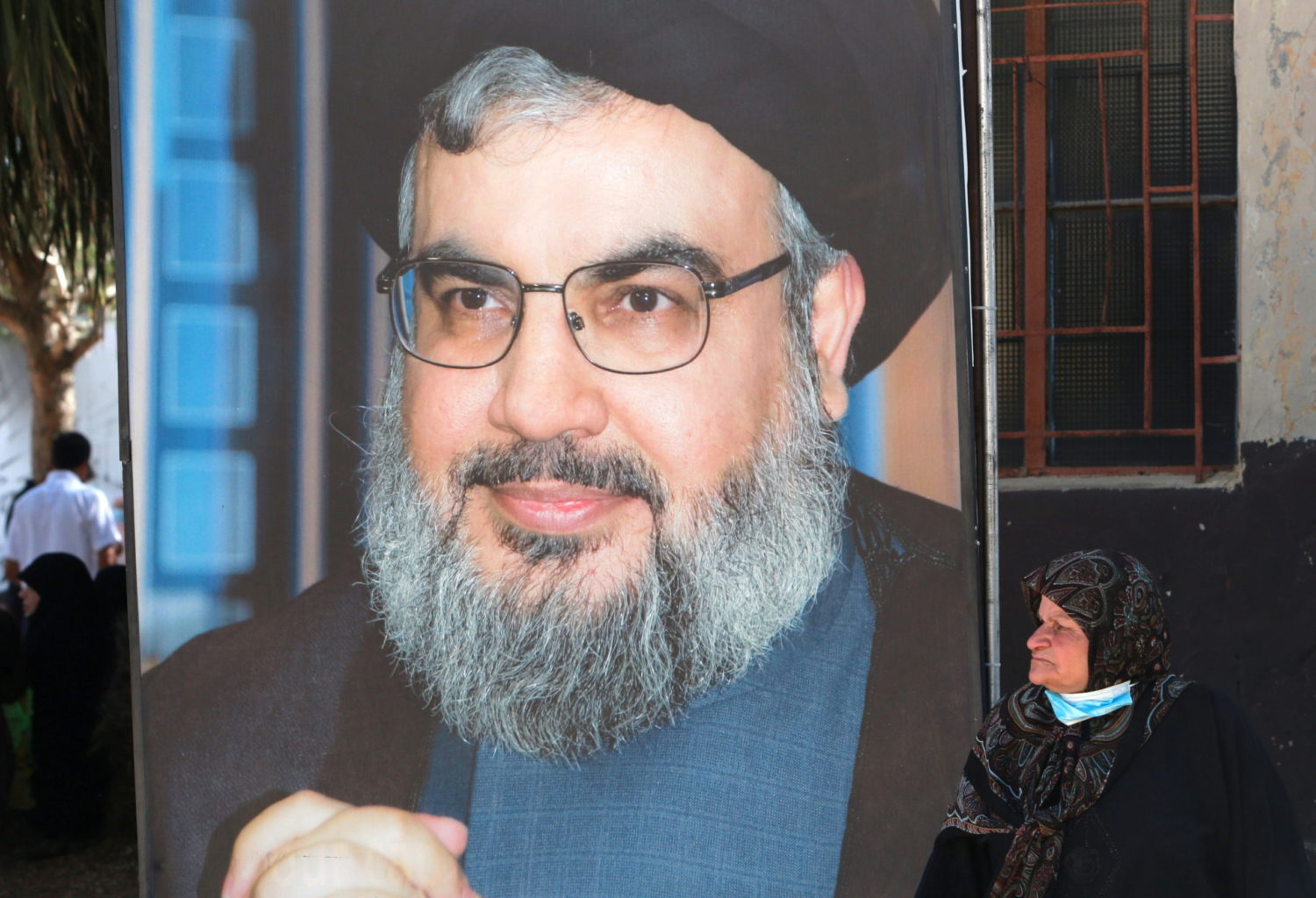
By Maha El Dahan and Laila Bassam
BEIRUT (Reuters) -Lebanese politician Saad al-Hariri abandoned his effort to form a new government on Thursday, dimming hopes of a cabinet being agreed any time soon to start rescuing the country from financial meltdown.
Hariri was designated in October to put together a government following the resignation of Prime Minister Hassan Diab’s cabinet in the wake of the catastrophic Beirut port explosion. Lebanon’s deeply divided politicians have failed to agree despite fears of social unrest over worsening living conditions.
“It is clear we will not be able to agree with his Excellency the President,” Hariri told reporters after meeting President Michel Aoun for barely 20 minutes.
“That is why I excuse myself from government formation and God help the country.”
Lebanon is suffering an economic depression the World Bank has described as one of the most severe in modern history. Its currency has lost more than 90% of its value in less than two years, leading to spiraling poverty and crippling shortages.
Hariri’s decision marks the culmination of months of conflict over cabinet posts between him and Aoun, the Maronite Christian head of state who is allied to the Iran-backed Shi’ite group Hezbollah.
There is no obvious alternative for the post, which must be filled by a Sunni Muslim in Lebanon’s sectarian system.
Barring significant changes in the political landscape, politicians and analysts say it now seems very difficult for a government to be formed before parliamentary elections next year, leaving Diab in a caretaker capacity.
Western governments have been piling pressure on Lebanese politicians to form a government that can set about reforming the corrupt state, threatening sanctions and saying financial support will not flow before reforms begin.
Earlier this month, Diab warned that Lebanon was days away from a social explosion, underscoring concerns about social unrest in a country that was shattered by civil war from 1975 to 1990.
Hariri said Aoun had requested fundamental changes to a cabinet line-up he had presented to him on Wednesday. Aoun had told Hariri that they would not be able to agree, Hariri said.
There was no immediate comment from the presidency.
Hariri was designated to form the new government in October. Diab continues in a caretaker capacity.
Aoun will be required to consult MPs over who to designate as a new premier. But analysts doubt that any Sunni politician of standing would accept the role without Hariri’s blessing.
The most influential Sunni politician in Lebanon, Hariri is backed by Lebanon’s Sunni religious establishment and, while his support from Sunni led-Saudi Arabia waned in recent years, he is still backed by other Sunni Arab-led states, including Egypt.
Following the announcement, the Lebanese currency weakened further on the parallel market, where dollars changed hands at more than 20,000 pounds, compared to around 19,000 earlier this morning, a dealer said.
(Reporting By Beirut Bureau, writing by Maha El Dahan/Tom Perry; Editing by Toby Chopra and Philippa Fletcher)











